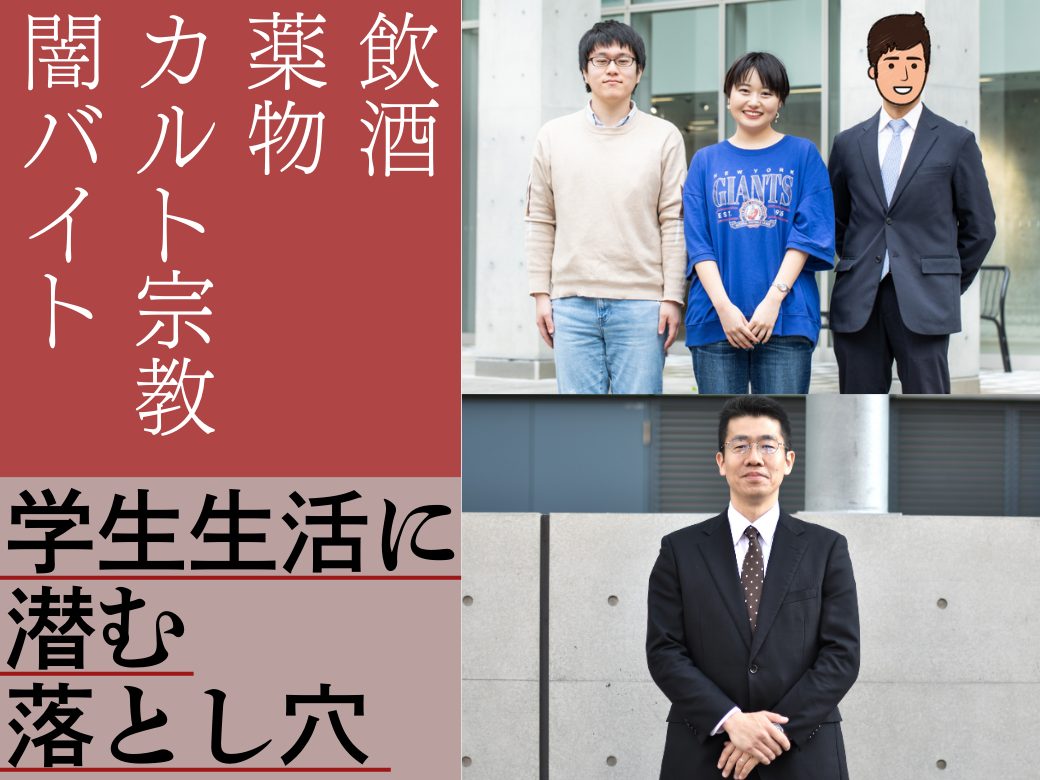
As a university student, you will have more opportunities to make decisions on your own, and you will have more freedom to choose, but you will also be more likely to get into trouble. Problems related to drinking are particularly important. At student club and other drinking parties, you may face problems such as drinking under the age of 20 and alcohol harassment. It is also important to be cautious of solicitations from drugs and cult religions, as well as illegal part-time jobs, which have been on the rise recently, as these are all common problems to be aware of and live your daily life with. In order to eradicate these types of problems, Waseda University has established a system in which Student Affairs Division actively provides information and guidance to ensure the safety of students. This time, we spoke in detail with staff from Student Affairs Section and Totsuka Police Station about knowledge and specific measures to avoid trouble.
INDEX
▼1. Be careful with alcohol, drugs, and cults! Tips and tricks to avoid trouble
▼2. First of all, be aware to avoid getting caught up in illegal part-time jobs and special fraud
▼3. Where to go for advice when you're in trouble
1. Be careful with alcohol, drugs, and cults! Tips and tricks to avoid trouble
Shinji Yamazaki, 4th year student, School of Political Science and Economics
Nagisa Nishimura, 3rd year School of Culture, Media and Society
Student Affairs Division A, Student Affairs Section Department

From the left: Mr.Yamazaki, Ms.Nishimura, and staff member A. In front of Building No. 33 Toyama Campus.
Drinking alcohol under the age of 20 is illegal. If you are found out, you will be penalized!
Yamazaki: What kinds of drinking-related problems are common among Waseda students?
Staff: The most common issue is drinking among people under the age of 20. Although Student Affairs Section issues warnings about this on its website and at student club seminars every year, and each Faculty issues warnings at their new students orientations, but cases are particularly highduring welcome events and student club training camps.
The reasons for this include a lack of understanding not only the physical effects of consuming alcohol, but also the fact drinking alcohol under the age of 20 is prohibited by law. With the age of majority being lowered from 20 to 18 from April 2022, some students mistakenly believe that "drinking is permitted from the age of 18." As a result, there have been cases where students have drunk too much without knowing the appropriate way or amount to drink, resulting in them being taken to the hospital by ambulance.
Nishimura: Reckless behavior can sometimes lead to serious accidents that are life-threatening. What are some tips to prevent underage drinking?
Staff: It is important that all student club members correctly understand that "drinking alcohol under the age of 20 is strictly prohibited," and that they take measures to prevent drinking under the age of 20. For example, we recommend physically adjusting the environment, such as separating seats based on the age of 20 and only serving soft drinks at certain student club, or only serving soft drinks at social gatherings and parties for clubs with a large number of under-20s.
Also, at drinking parties, it is important to have a system that makes it easy to identify those under the age of 20. Some student club have devised ways to make it easy to tell at a glance who is under the age of 20 by having them wear wristbands or name tags that state their age.

Nishimura: At the drinking parties of student club I belong to, people under the age of 20 wear blue ribbons on their chests, and the executive members instruct them not to drink alcohol. However, depending on student club, such measures may not be taken, and people under the age of 20 may be persuaded to drink alcohol. In that case, what should the person who is persuaded to drink alcohol do?
Staff: Protecting your own health is the most important thing, so be conscious and clearly express your intention that you "can't drink." The other person should also properly accept your intention and not force you to drink alcohol.

Yamazaki: If I see someone under the age of 20 drinking, can I report it anonymously to Student Affairs Section?
Staff: Yes. In many cases, universities become aware of underage drinking through anonymous reports. If, as a result of fact-finding, it is discovered that an underage student has been drinking, the student may not only be given a severe warning, but may also be subject to disciplinary action such as suspension. If the student is receiving scholarship, they may be deemed unsuitable as a scholarship recipient and their scholarship may be suspended or terminated, or they may be required to repay the money, which can be very severe depending on the family circumstances.
Nishimura: So what kind of disciplinary action will be taken against student club?
Staff: Penalties such as suspension may be imposed. In the past, we have indefinitely suspended club activities and denied club rooms for two years for student club activities against student club that engaged in drinking alcohol, which is prohibited in Waseda University Student Center. We have also indefinitely suspended club activities and revoked the student club 's official status for the following year for repeated drinking by members under the age of 20.
There are also cases where people get caught up in illegal drugs while studying abroad.
 Yamazaki: Besides alcohol, there are drug-related problems that students face. How should we deal with these issues?
Yamazaki: Besides alcohol, there are drug-related problems that students face. How should we deal with these issues?
Staff: It is important not to be involved in the possession, transfer or use of drugs without thinking. In 2023, Waseda University students from sports clubs were arrested for violating the Cannabis Control Act. To ensure that such an incident never happens again, please firmly refuse any offers of drugs.
Nishimura: Some dangerous drugs are sold under names such as "legal drugs" or "legal herbs," and some students may be reassured by words that make them seem safe and try them.
Staff: Dangerous drugs are extremely dangerous drugs that have effects equal to or even stronger than stimulants or marijuana. Don't be fooled by the name, and never try them. Many Waseda students also go abroad to study or travel, but while they are abroad, they may get caught up in trouble, such as being forced to take drugs without realizing it. It is important to be on high alert even at your destination, and never try them if you feel even the slightest bit of danger.
What if you encounter a cult solicitation? Use the "Official student club Guide" and be careful of suspicious groups
Yamazaki: I've heard that university students are easy targets not only for drugs but also for cult recruitment. When is the most common time for cult recruitment?
Staff: This is during times such as welcome activities and WASEDASAI, when many people are on campus. Cult groups approach Waseda students by mingling with them, and may persistently ask for contact information under the guise of a questionnaire. Some students have been approached while studying or reading alone in the lounge. A common scenario is when students are solicited to take part in a so-called study group, dinner party, or volunteer activity, and only realize they are a cult group after exchanging contact information. If you are solicited, do not exchange contact information rashly; instead, make sure the name of the group and the identity provided are correct.
Yamazaki: It seems that some cult groups add "Waseda" to their names to make students believe that they are "groups registered with the university." I think that officially recognized student club (student club approved by the university in accordance with the establishment requirements) are safer for new students, but where can I check the information on officially recognized student club?
Staff: Student Affairs Section regularly collects the latest information on officially recognized student club, lists them, and publishes them on the website. The "Official student club Guide" in Waseda Weekly lists officially recognized student club by genre, making it easy to find them. Please make use of this site, which also lists information such as student club, locations, and number of members. Please note that the following student club are not officially recognized by Waseda University.
・Waseda University Yuba Association
・Waseda University Angels
・Jumping Point
Nishimura: If a cult group tries to recruit you, how should you refuse?
Staff: It is important to firmly refuse by saying "I'm not interested at all, excuse me," in a calm and concise manner so as not to give them an opportunity to exploit you. If you are surrounded by a large group of people, do the same to shake them off. If they still follow you, call out to a nearby office or security guard.
In the unlikely event that you give out your contact information without realizing that it is a cult, it is important to immediately cut off all contact by blocking them, etc. If you are subjected to unreasonable solicitation such as by someone showing up at your home, please contact Student Affairs Section, the police, or the Legal Support Hotline for spiritual fraud.
2. First of all, be aware to avoid getting caught up in illegal part-time jobs and special fraud
Norihiko Aso, Chief of the Community Safety Division, Totsuka Police Station, Tokyo Metropolitan Police Department
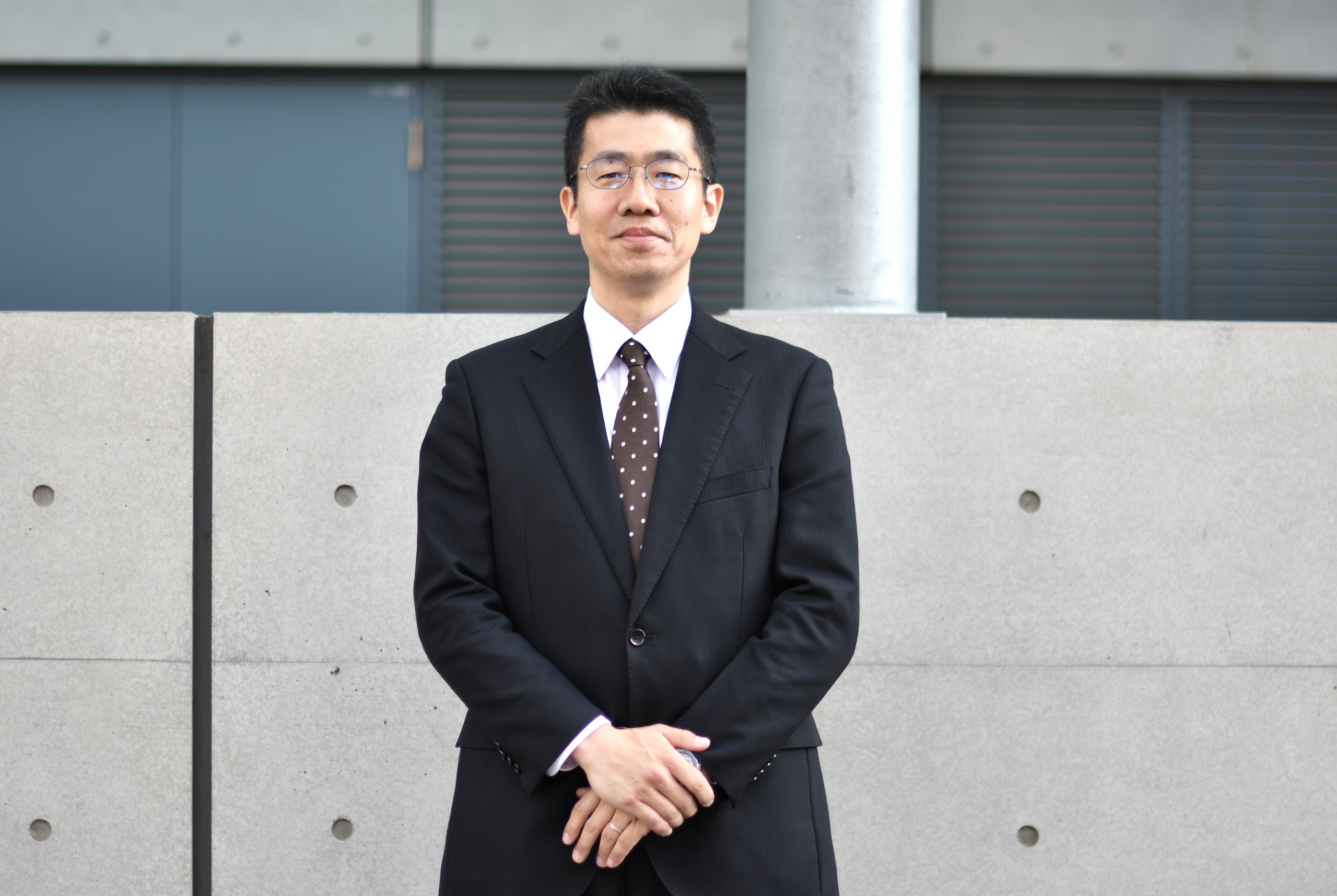
--Aside from typical problems such as drinking and drugs, what other problems do you want students to be careful of?
These are so-called "illegal part-time jobs" and special fraud. Be particularly careful of "illegal part-time jobs" as recruitment information is circulating on social media sites that students use every day. Many people may imagine robbery when they hear "illegal part-time jobs," but in reality, there are many cases where people start out doing simple tasks such as carrying packages, buying and selling accounts and smartphones, and before they know it, they have become involved with criminal organizations.
What you need to be aware of is that "illegal part-time jobs" are a crime. If you do it even once, you will be used as a pawn by criminal organizations, and even if you want to quit, you will be threatened with "coming to your house" or "harming your family," and you will not be able to quit until you are arrested, which will ruin your precious future.
--So, what should we be careful of? What should we do if we get caught up in it?
Even if you don't know the specific work content, if there is a high salary or it is advertised as"same day payment", be wary and be suspicious that the work that you can easily earn money is a "shady part-time job". If you feel even a little bit of discomfort, never get involved.
If you are caught up in such a situation, please contact the police immediately. If you are threatened by a criminal organization and there is a possibility that you may become a victim, the police will ensure that you, including your relatives, are protected. If you feel that it is too difficult to contact the police, try to talk to someone around you, such as your family or your university office. We hope that you will contact the police together with someone close to you.
A poster produced by the Metropolitan Police Department to prevent illegal part-time work (Click to enlarge)
-- It seems like students aren't very familiar with special fraud. What exactly does it cover?
One is called support fraud, where a warning sound is emitted while browsing the Internet on a PC or smartphone to make the user anxious, and then the user is made to call the support desk displayed on the screen, where the scammers then scam the user out of money under the pretext of providing support. In reality, the problem can be solved by restarting the device, but the sudden occurrence can cause people to panic, and there are an increasing number of cases where people in their 20s are becoming victims of this scam.
Another type of fraud is the "it's me" scam, where the victim pretends to be a police officer. Suddenly, a phone call is made to the victim's mobile phone from someone claiming to be a police officer using an international number, saying something like, "We suspect you of being the criminal, so we'd like to confirm your identity," and the victim is approached using social media or messaging apps under the pretext of being interrogated. The method involves showing a fictitious arrest warrant or police notebook to the victim, and making the victim transfer money from their own account to the criminal's account using internet banking, under the pretext of "checking the money in the account."
Please be aware that there have been cases where the main phone number of a police station is spoofed and displayed as the caller's number. The police will never interrogate someone using a messaging app such as LINE, so if you receive such a call, do not respond to the person on the other end of the line and report it to the police.
--I think there are cases where people get caught up in trouble unintentionally. What can people do to avoid becoming a victim?
It is important to first find out what kind of cases have occurred in the past. The police provide websites that warn people about crimes such as "illegal part-time jobs" and specialized fraud, as well as educational videos on preventing drug abuse, and also offer a crime prevention app called "Digipolice." The app is equipped with crime prevention tools such as a map that allows you to check the occurrence of crimes that may occur nearby, such as specialized fraud and talking down to women, a molester repellent function, and a security alarm, so be sure to install it.
The police are on your side. They're not as difficult to approach as you might think, so if you're in trouble, feel free to consult them anytime.
Interview and text: Kaori Sasuga
Photography: Kota Nunokawa
3. Where to go for advice when you're in trouble
[Next Focus Preview] "Shop and Rest Area Special" to be released on Monday, April 28th

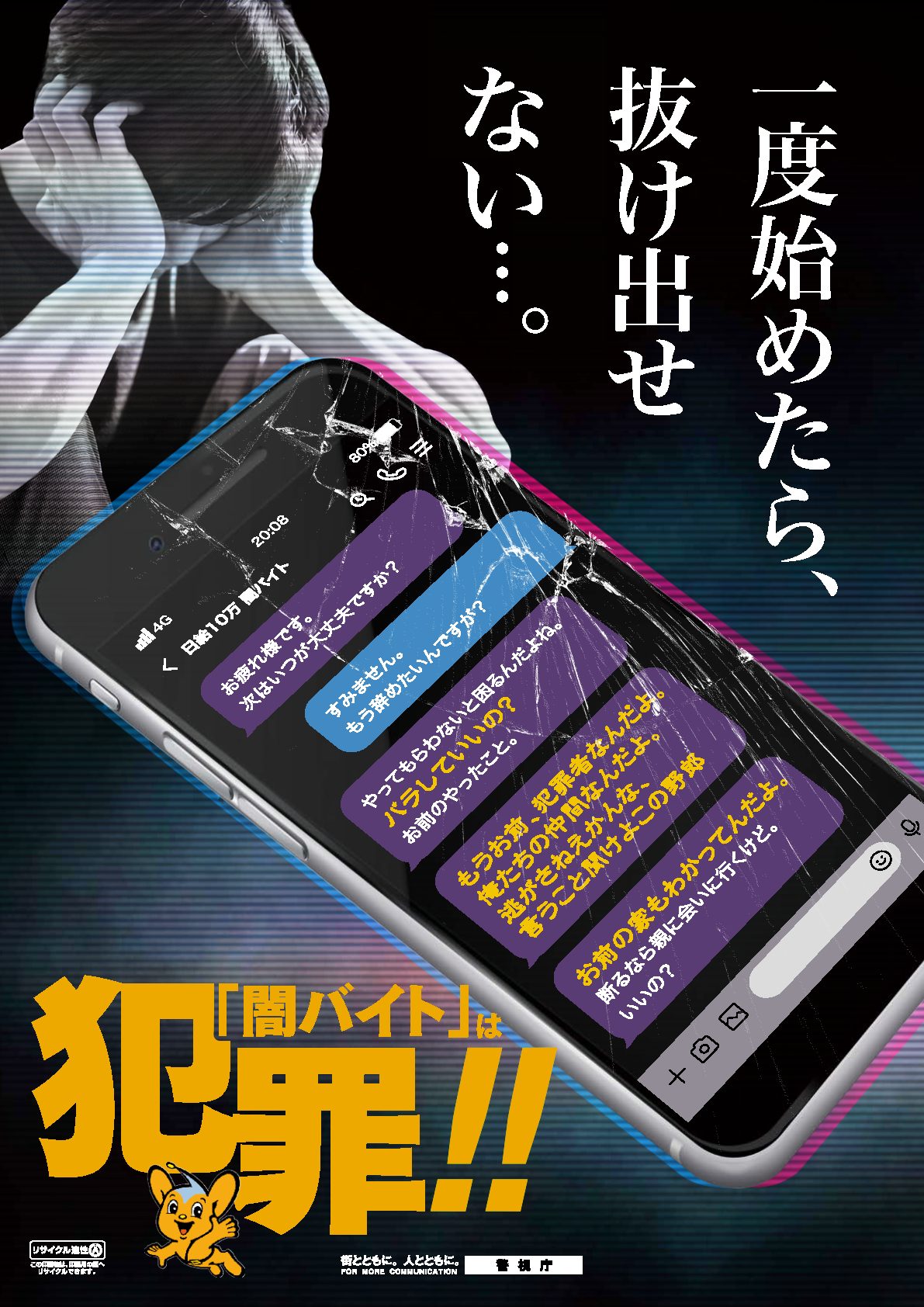
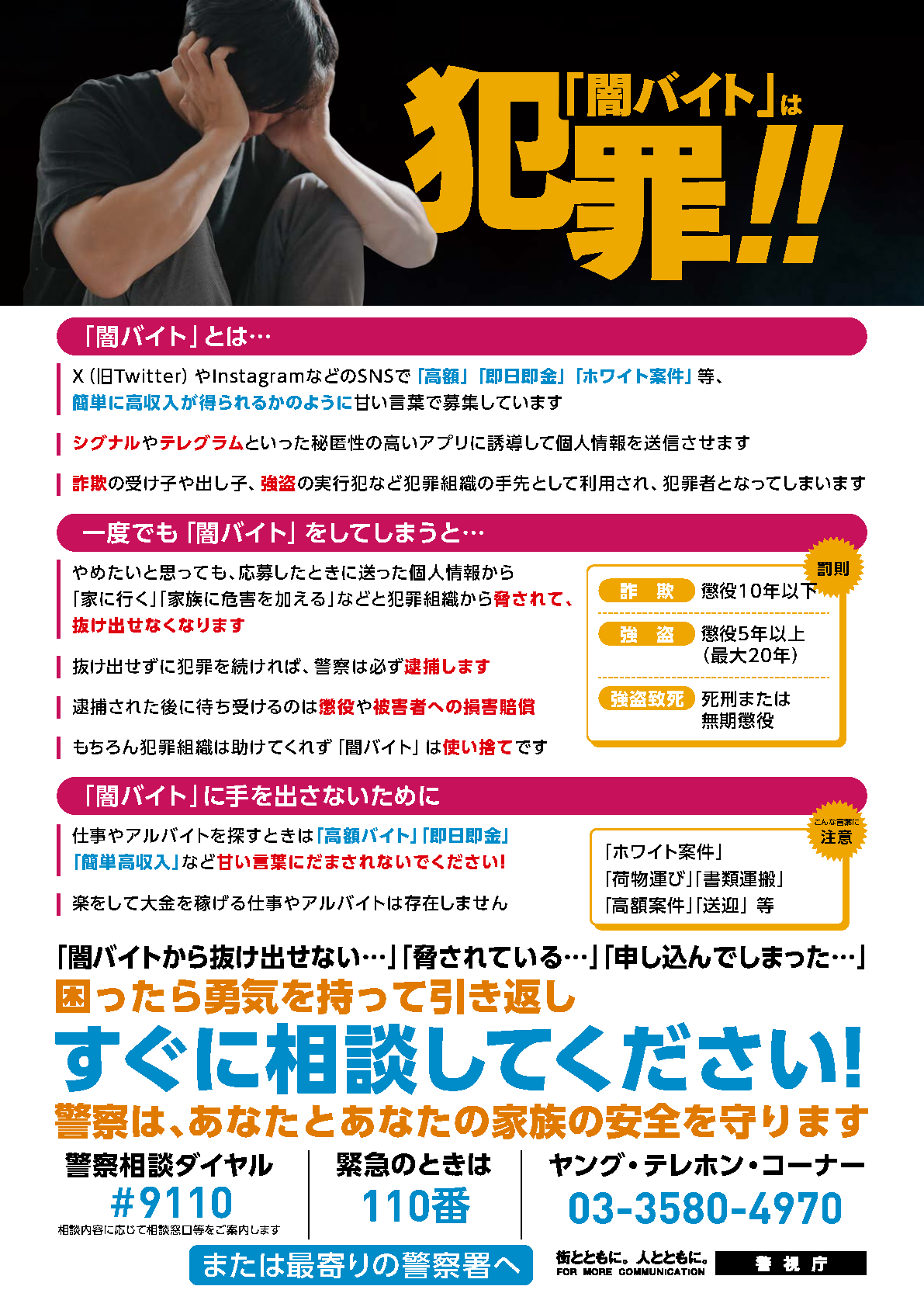
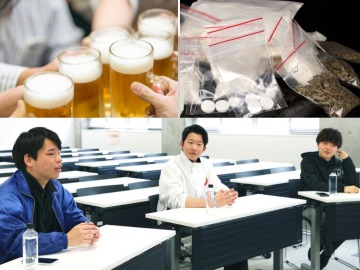
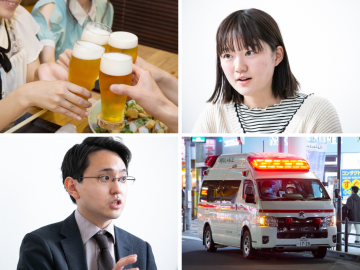
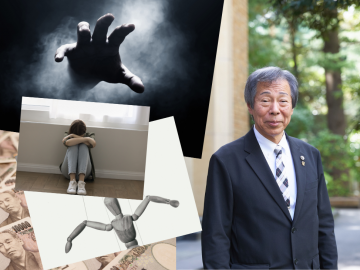


![[Save version] Map of the four main campuses](https://www.waseda.jp/inst/weekly/assets/uploads/2025/09/17cb2975123fc5103172ef60bd98608d-610x458.jpg)

